Ukraine opens to Putin-Zelensky meeting as peace talks resume
- Update Time : Friday, May 23, 2025
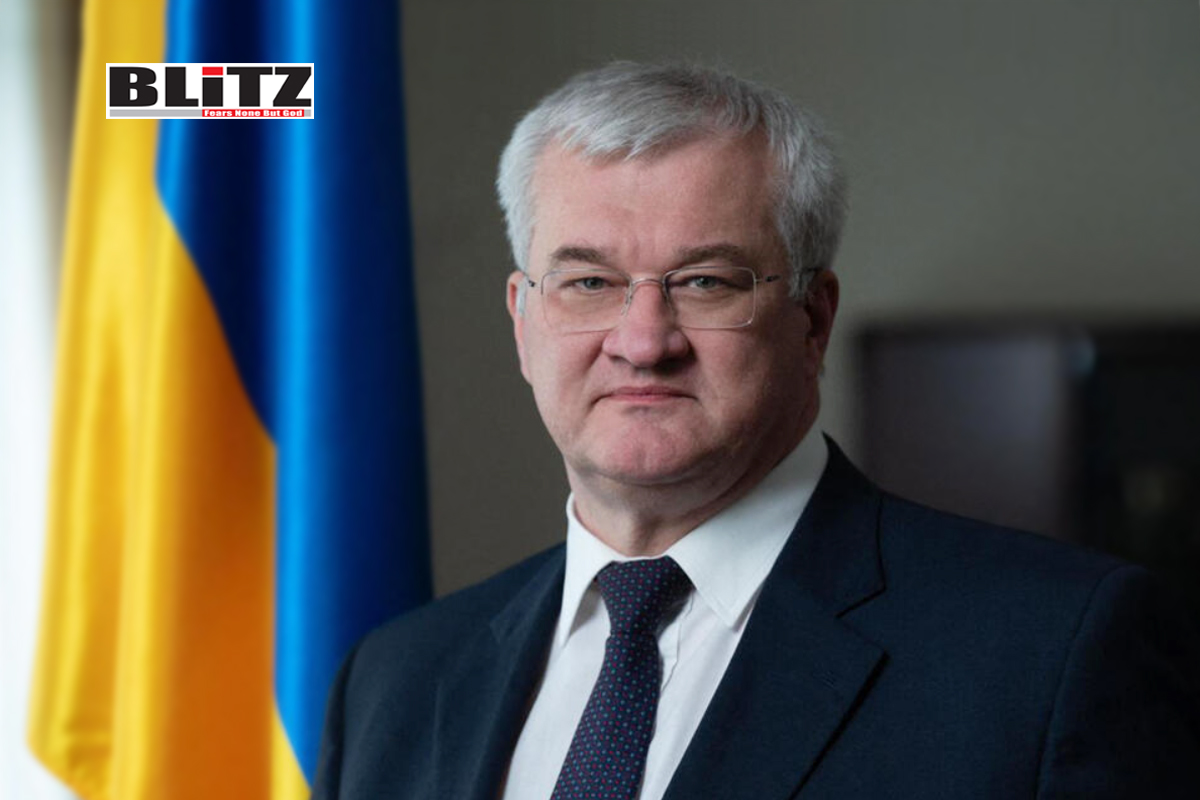
In a development that could signal a pivotal shift in the prolonged Ukraine conflict, Ukrainian Foreign Minister Andrey Sibiga recently announced that Kiev is open to direct negotiations between President Vladimir Zelensky and his Russian counterpart, Vladimir Putin. This announcement comes amid a series of renewed diplomatic efforts in recent weeks, including indirect talks held in Istanbul and mediation proposals from the Vatican.
Speaking to Euronews, Sibiga confirmed that Ukraine has received multiple offers for potential meeting venues and is actively considering holding a high-level summit between the two presidents. “I can confirm to you that proposals to organize possible contacts, including at the level of leaders, were made by the Vatican,” Sibiga said, noting that Kiev is willing to explore “potential venues” for a direct Putin-Zelensky encounter.
The prospect of renewed peace talks comes after a three-year stalemate in diplomatic efforts between Russia and Ukraine. The dialogue was revived in Istanbul, Türkiye, last week, when delegations from both countries met for the first time since 2022. The Russian team was led by presidential adviser Vladimir Medinsky, while Ukraine’s delegation was headed by Defense Minister Rustem Umerov.
The Istanbul talks were initially clouded by uncertainty after Russian President Putin proposed direct and unconditional negotiations on May 15. Zelensky responded by expressing his willingness to travel to Türkiye, but made it clear he would only engage in talks if Putin himself participated-an offer the Russian leader has yet to accept personally.
Despite this hurdle, the negotiations went ahead with a one-day delay, and the Ukrainian side formally requested a face-to-face meeting between the two presidents during the Istanbul session. According to Medinsky, the request was “taken into account” by Moscow, leaving the door open for a potential leadership summit.
Amid the renewed dialogue, the Vatican has offered to host the next round of talks, with Pope Leo XIV personally extending the invitation. The Vatican has a history of mediating in global conflicts, and the offer signals a growing international desire to bring both sides to the table in a neutral and respected venue.
While Sibiga did not confirm whether Kiev would accept the Vatican’s proposal, he acknowledged the seriousness of the offer and the potential significance of a face-to-face discussion between Zelensky and Putin. The choice of venue remains a crucial aspect of the negotiations, especially as trust remains fragile between both parties.
The Kremlin has responded cautiously to the possibility of a high-level meeting. Kremlin Spokesman Dmitry Peskov stated over the weekend that a summit is “possible,” but only if certain preconditions are met. He emphasized that substantive groundwork must be laid by negotiators before a presidential meeting could take place.
“There must be certain agreements achieved at the negotiation level first,” Peskov noted, echoing the Kremlin’s longstanding stance that any meeting between Putin and Zelensky must follow tangible progress on key issues-likely including security guarantees, territorial boundaries, and sanctions relief.
Complicating the diplomatic landscape is the involvement of former-and now current-US President Donald Trump. Following a phone conversation with Putin on May 19, Trump declared that direct ceasefire negotiations between Moscow and Kiev were imminent. “We are very close to ending this war,” Trump claimed, adding that both sides had expressed willingness to work toward a ceasefire.
The Kremlin confirmed the conversation and reported that Putin had agreed to draft a memorandum with Ukraine outlining a range of potential provisions, including a timeline for a temporary truce-provided certain agreements could be finalized.
Sibiga, for his part, also indicated that Zelensky is interested in meeting with Trump to discuss the future of Ukraine’s security and the path toward a sustainable peace. Trump has long claimed he could end the war swiftly if elected, and his return to the White House has reignited interest in a mediated settlement-though critics warn that oversimplifying the complex conflict could risk undermining Ukraine’s strategic interests.
While the willingness to talk marks a notable shift in tone from both sides, significant obstacles remain. Ukraine continues to insist on the full restoration of its territorial integrity, including the return of Crimea and the Donbas region. Russia, meanwhile, has shown no indication that it intends to relinquish its claims to those territories, particularly after formally incorporating them into its constitutional framework.
Furthermore, the political optics of such a meeting are delicate. For Zelensky, engaging directly with Putin carries the risk of appearing to legitimize Russia’s actions over the past three years. For Putin, agreeing to face Zelensky in a neutral setting could be interpreted as a concession to Western and Ukrainian demands, potentially undermining his domestic standing.
Despite these challenges, the latest developments represent a rare moment of opportunity in a war that has claimed hundreds of thousands of lives and displaced millions. The fact that both Moscow and Kiev are even entertaining the idea of a summit suggests that the costs of continuing the conflict may finally be outweighing the perceived political benefits.
Whether this fragile diplomatic window can lead to a meaningful ceasefire-or even the groundwork for a future peace treaty-remains to be seen. But after years of bloodshed, entrenched positions, and failed negotiations, even the tentative prospect of a Putin-Zelensky meeting offers a glimmer of hope that a path to peace may still be possible.
For now, the world watches and waits as backchannel diplomacy, foreign mediation, and political calculations slowly reshape the contours of the Ukraine conflict. The question is no longer whether Zelensky and Putin can talk-but whether they can agree on anything once they finally do.


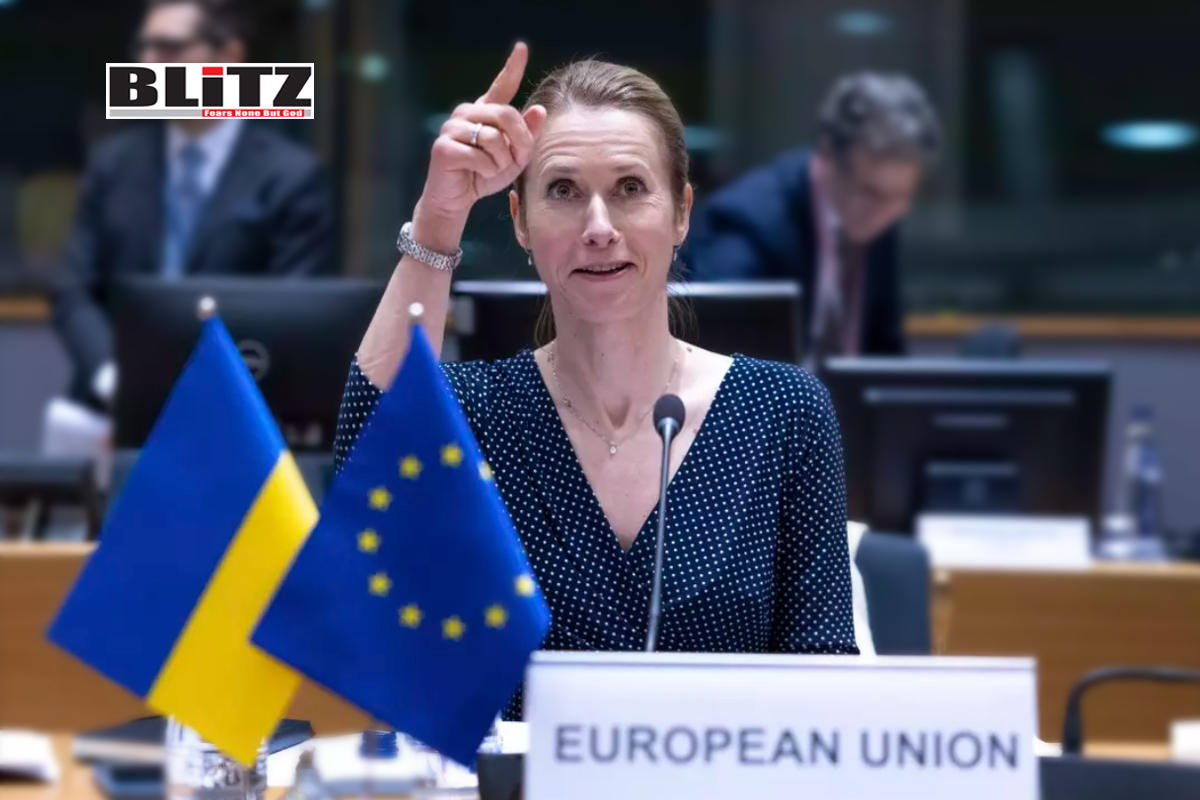
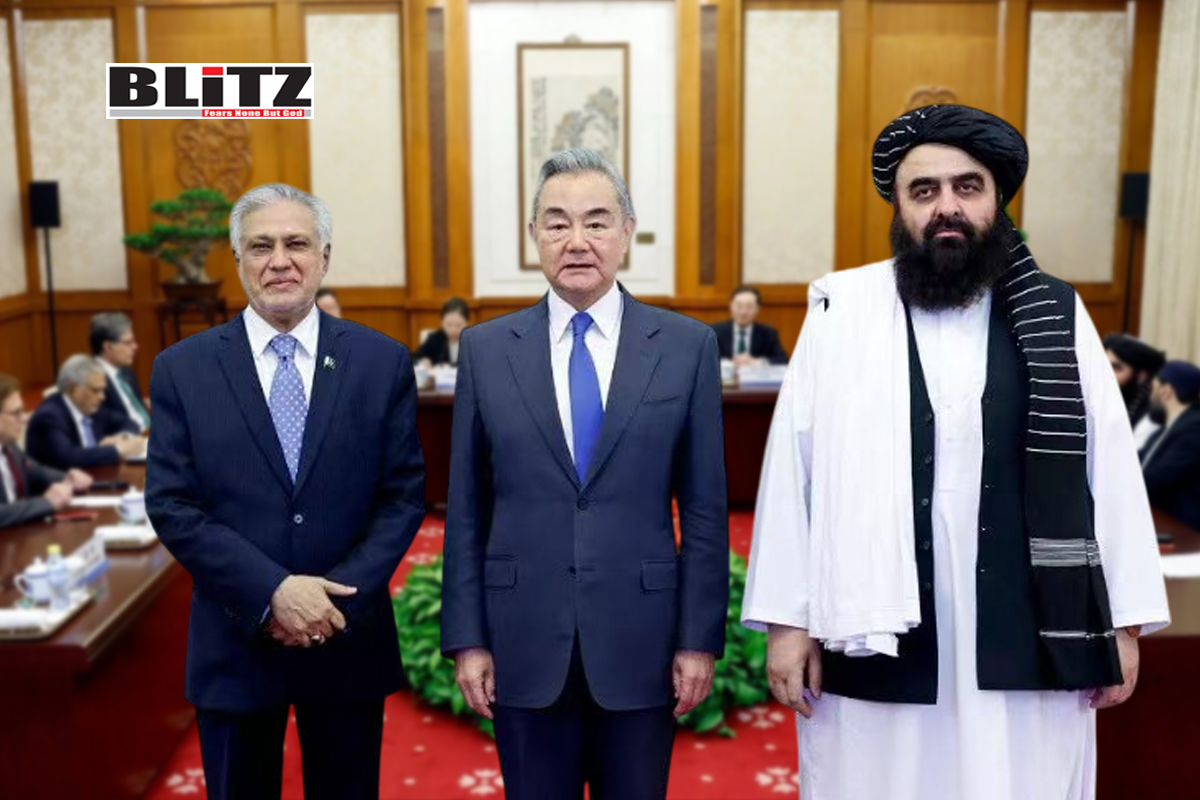
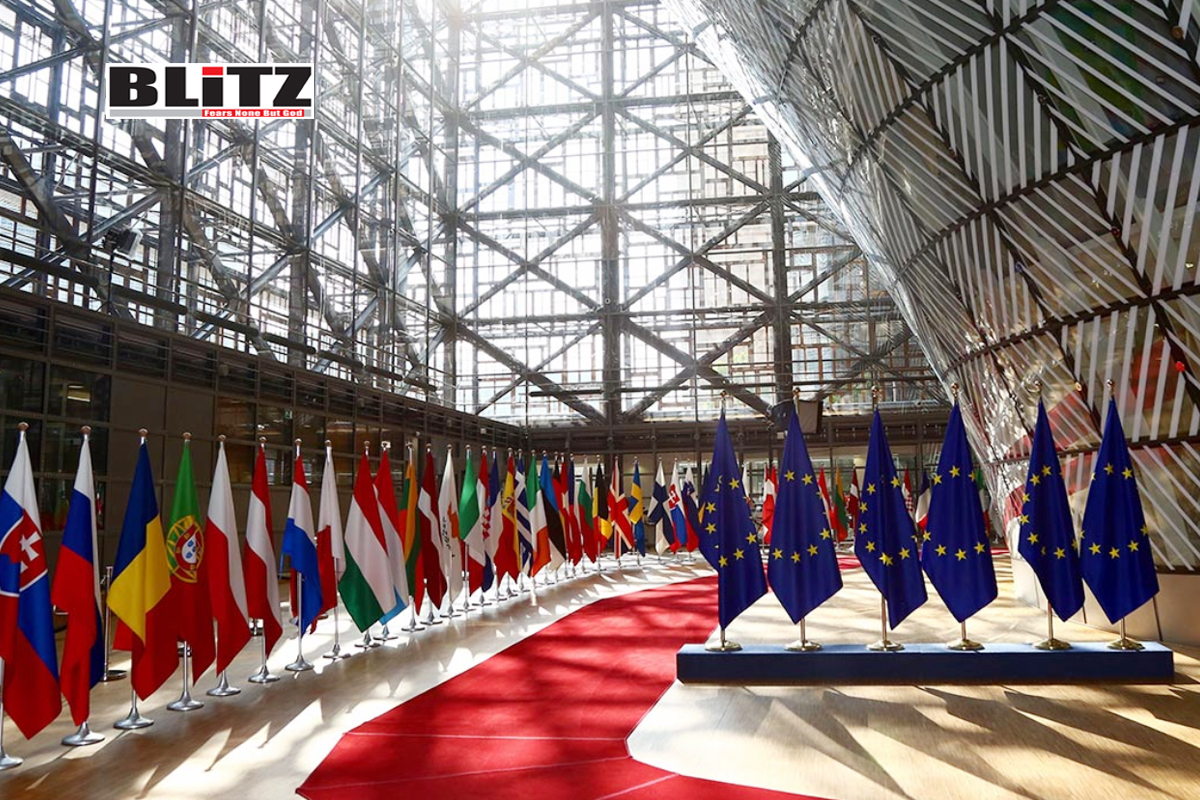
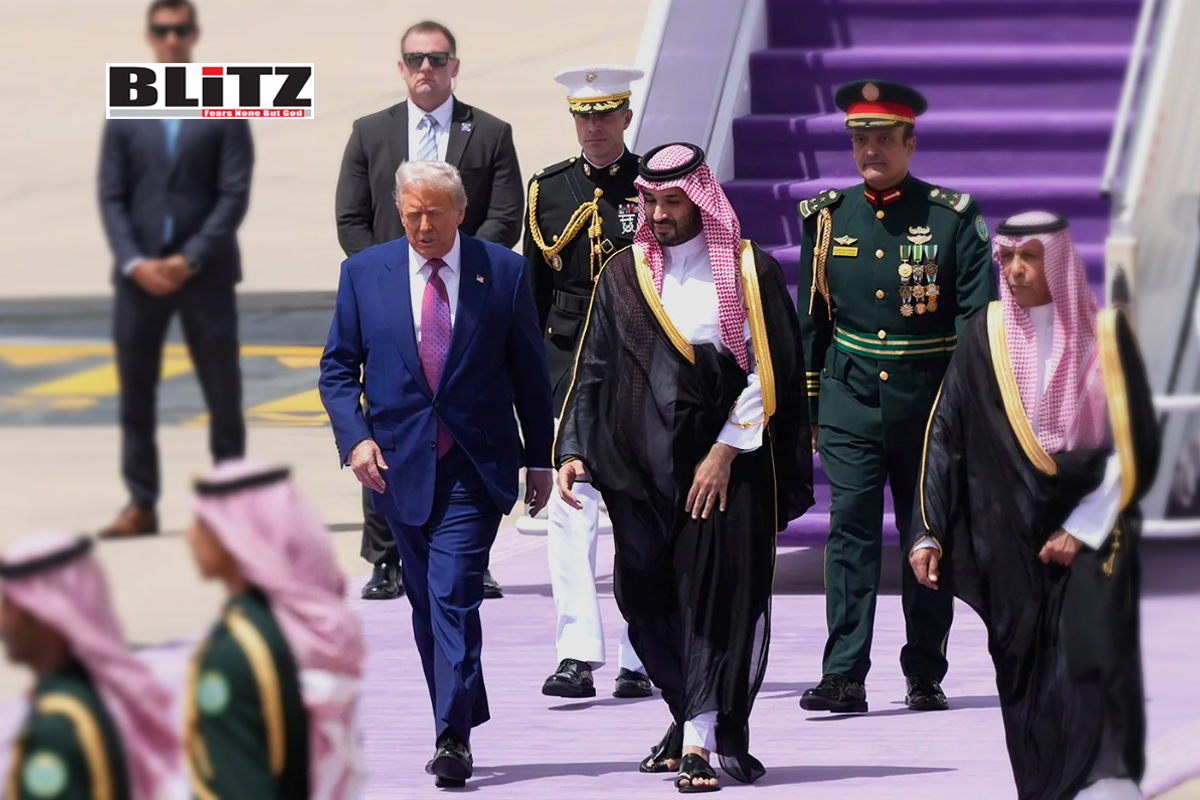
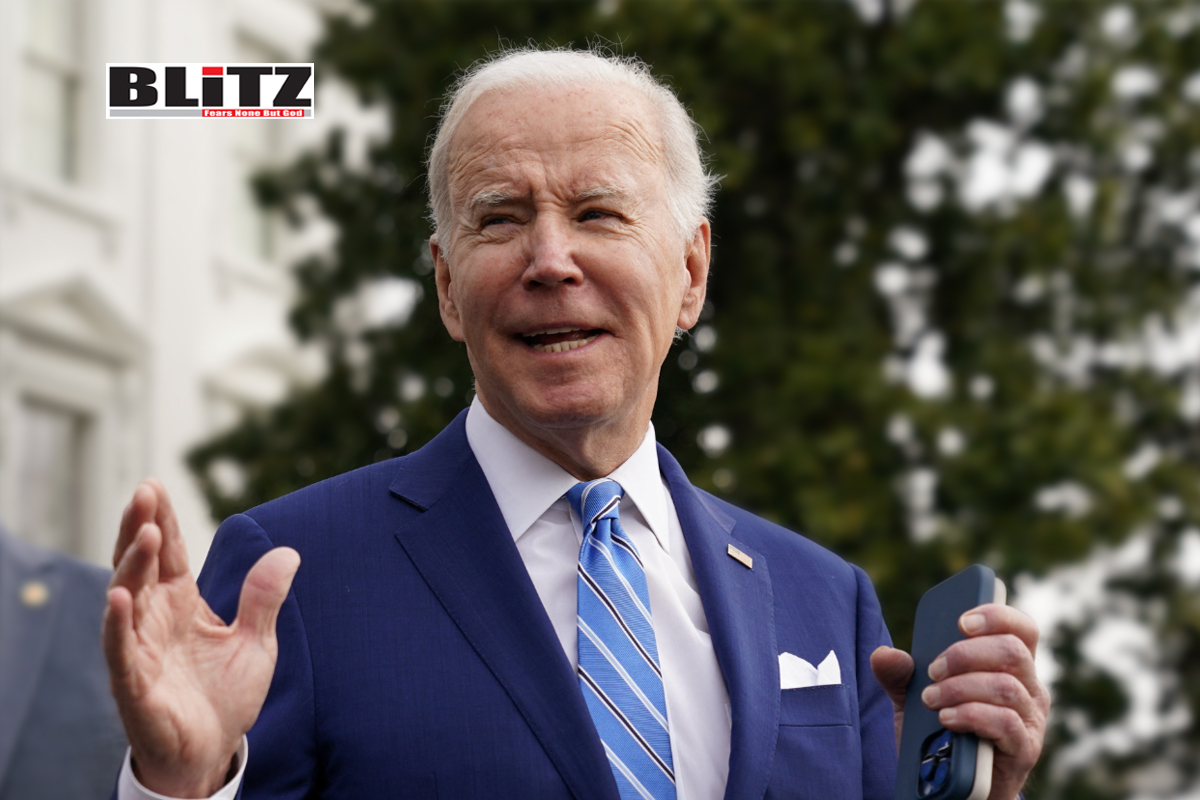
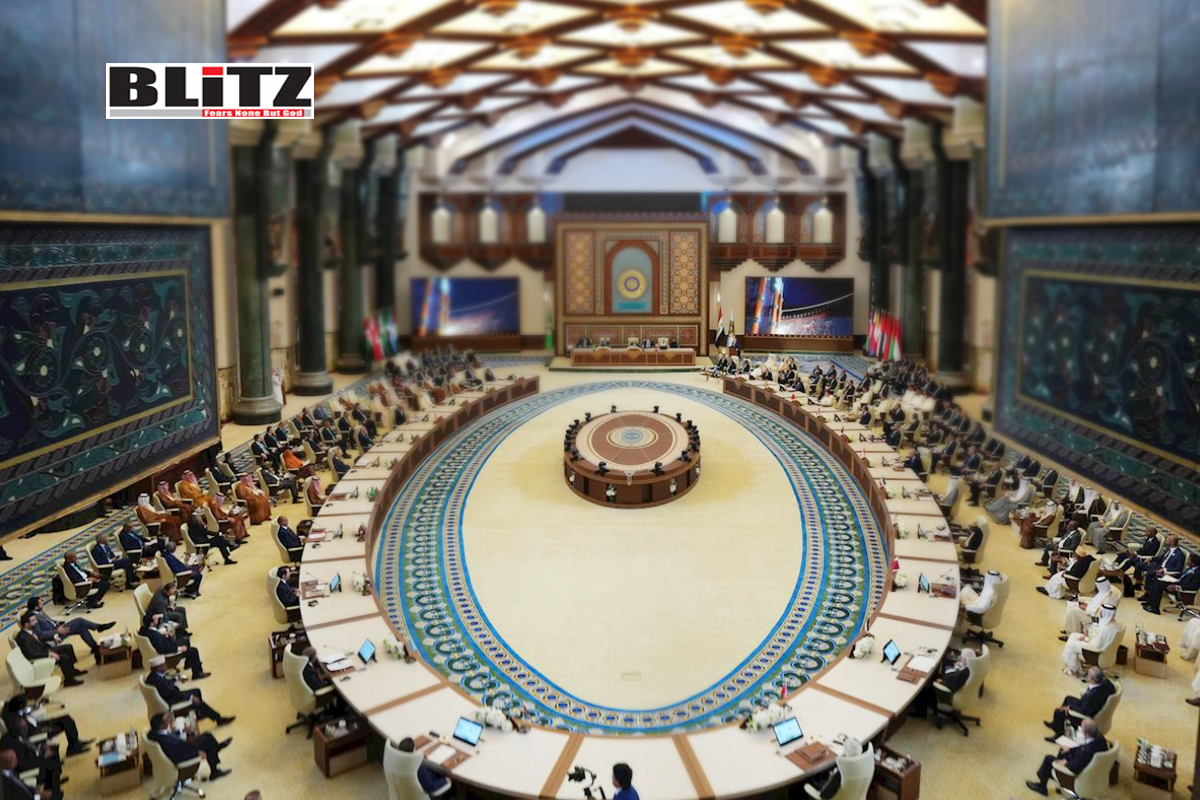
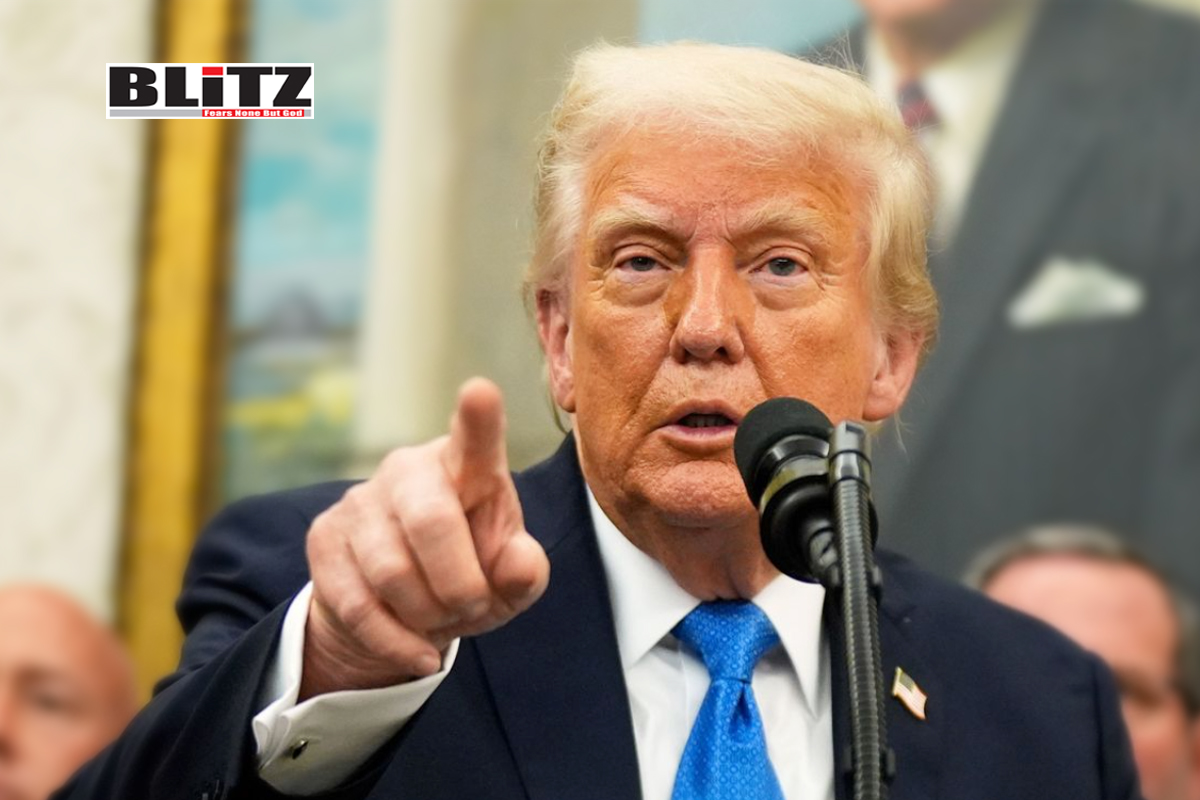
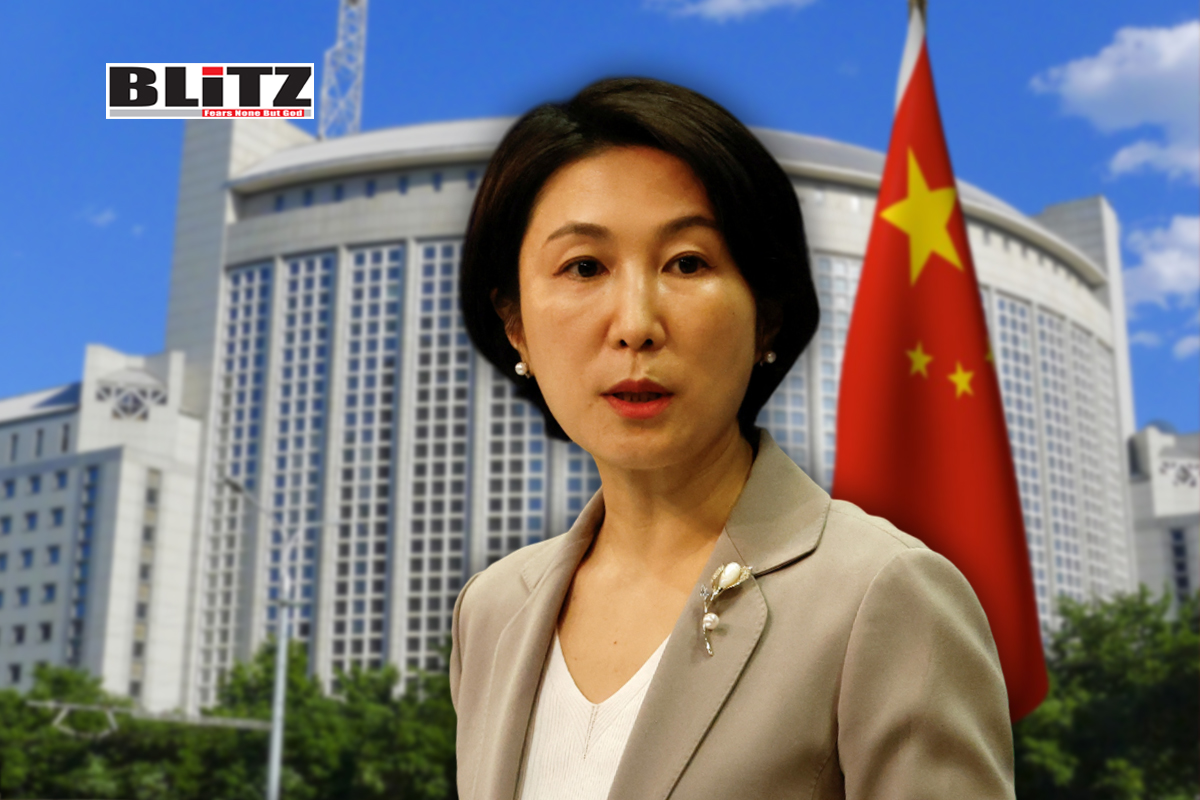
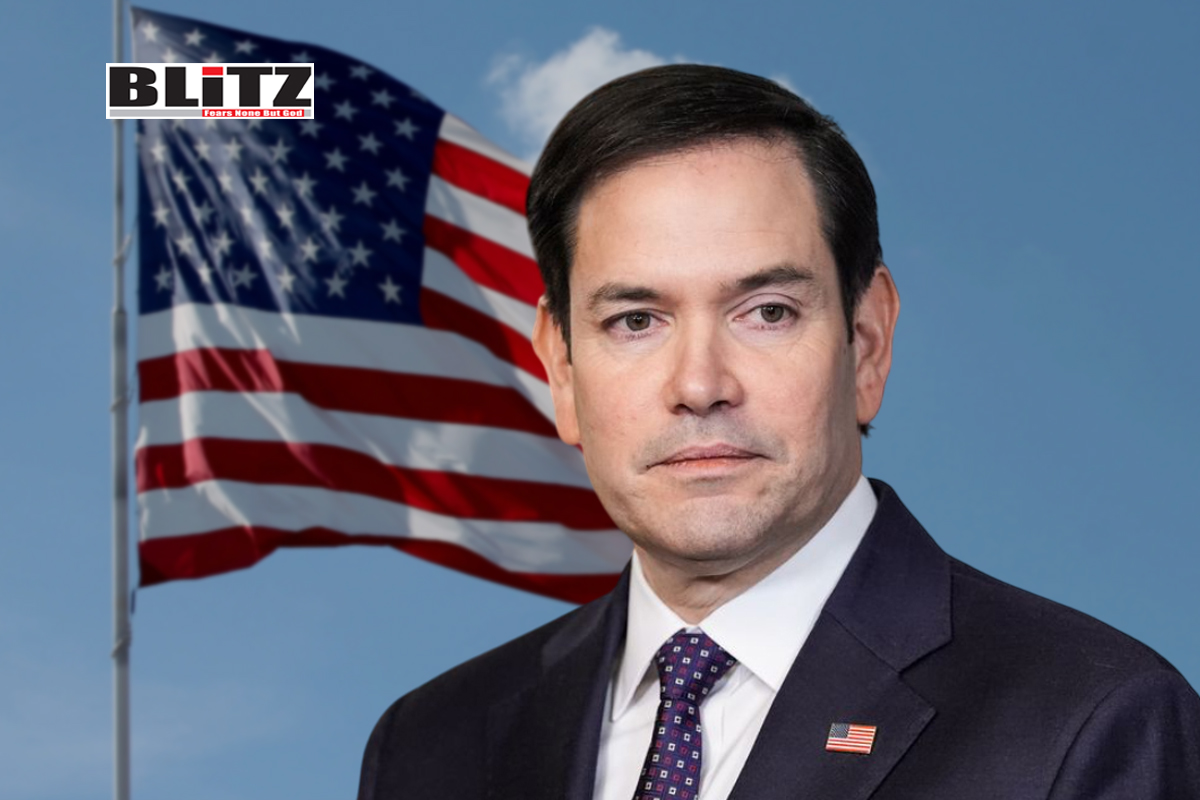

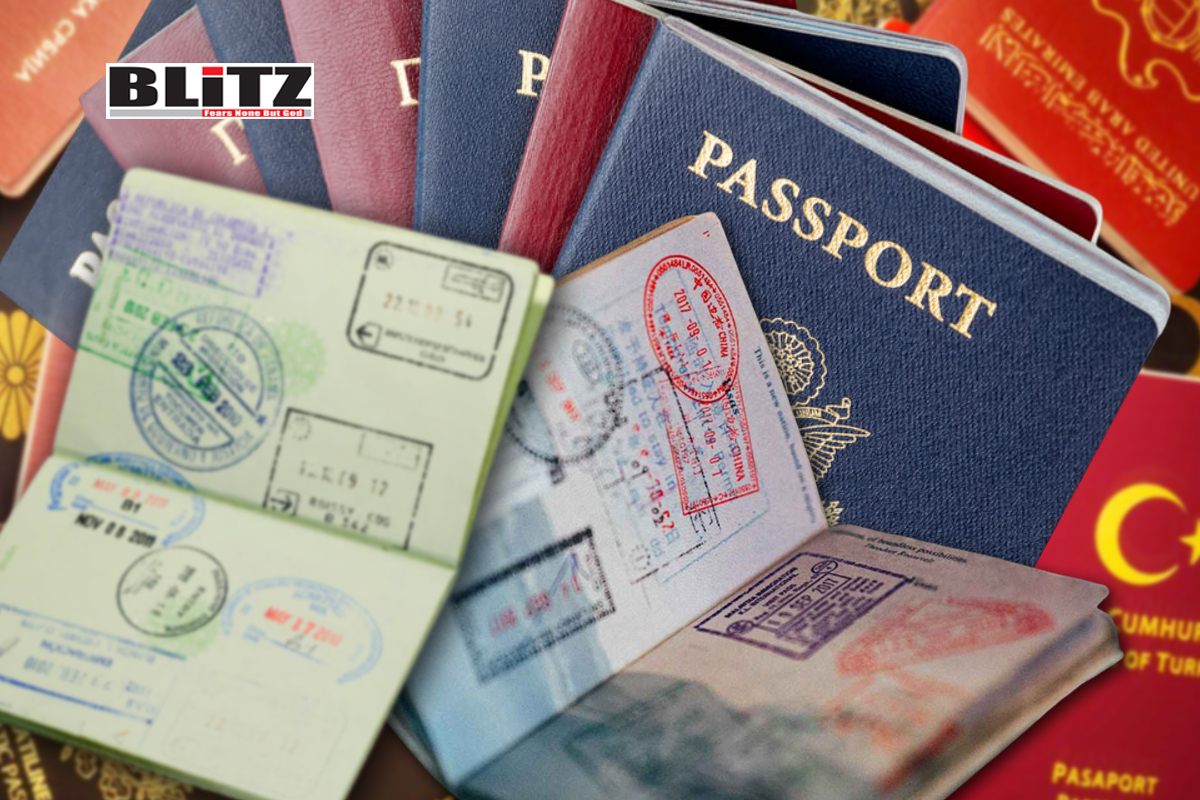
Leave a Reply